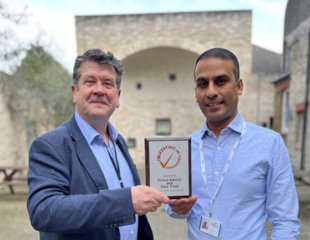
Pact recognised for the effective involvement of volunteers
11/04/2024
Read More
Every year, we support thousands of people across England and Wales affected by the criminal justice system to make a fresh start.
Our work supports people to make a fresh start
+
People on probation supported each year to make a fresh start.+
Prison visits supported each year.+
calls a year answered by the prisoners families helpline.years
Supporting prisoners and their families.The Prisoners’ Families Helpline can support you if you have a family member who is in contact with the criminal justice system in England and Wales.
Our team is made up of highly trained, skilled staff and volunteers with professional and personal experience of the criminal justice system.
The Helpline website is a valuable source of up-to-date information. You can access videos about prison life and our Safer Custody portal if you have concerns about your loved one's welfare.
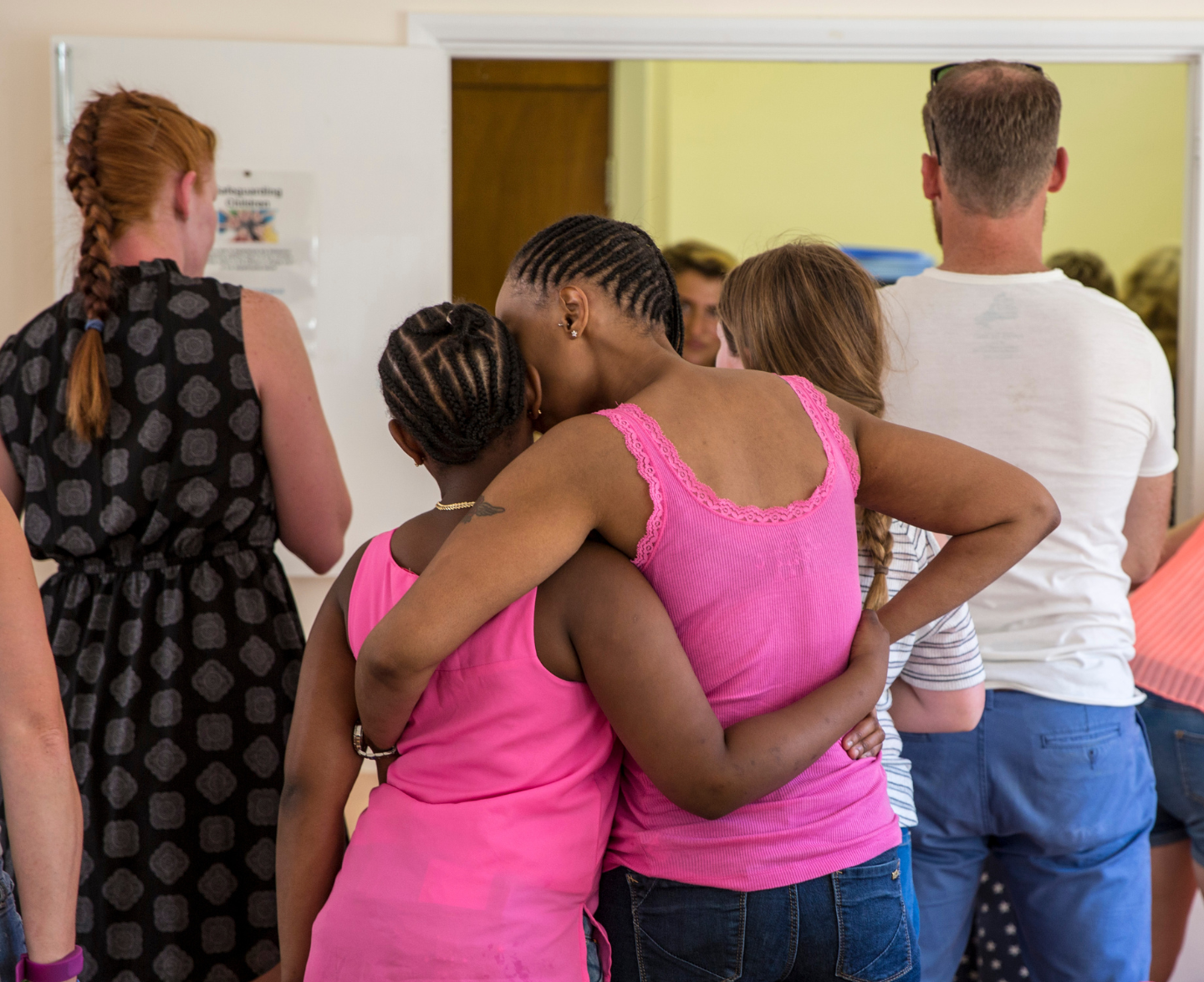
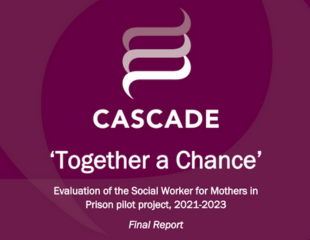
Together a Chance: final evaluation
8 March 2024
The final evaluation of Pact's prison-based social worker pilot. CASCADE, Cardiff University.
Download
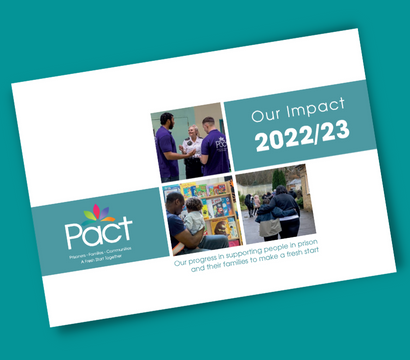
Our impact 2022/23
September 2023
Read our latest impact report and find out more about our work to support those affected by the criminal justice system in England and Wales.
Download
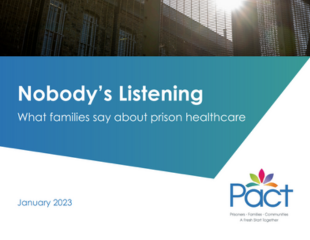
Nobody's Listening: what families say about prison healthcare
February 2023
A report presenting presents families’ insight into the impact of the criminal justice system on health and wellbeing. Polly Wright.
Download
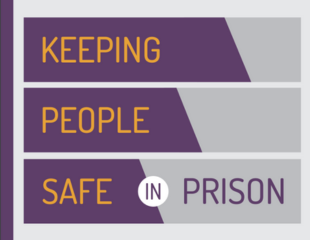
Keeping people safe in prison: the failure of gateway communication systems
31 October 2019
A joint report mapping the provision of safer custody telephone lines across the prison estate. Pact, the Prison Reform Trust and INQUEST.
Download
